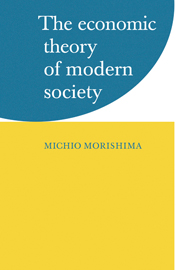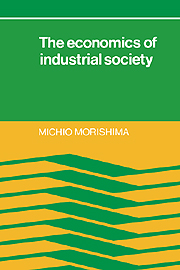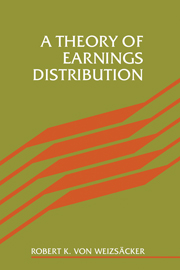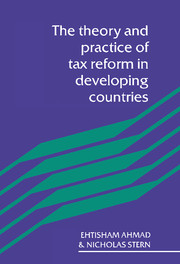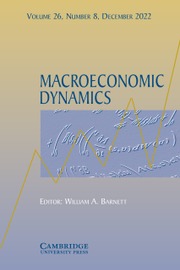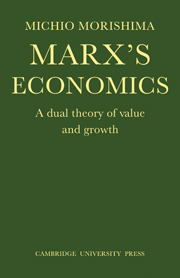The Economic Theory of Modern Society
This volume was originally published in 1976. The difference types of society in the world - capitalist, socialist, mixed, etc. - have many features in common, despite their dissimilarities. The object of this book is to make clear the economic logic of society in general, which applies to socialist as well as capitalist economies. Taking the Japanese economy as an example, part of the book tries to explain how an actual economy can deviate from the 'ideal' laws of motion, and shows that such aberrations themselves obey certain rules. In a broad sense, it belongs in the domain of the theory of comparative systems. The book is based on lectures which Professor Morishima gave to students at Osaka University in 1967–1968. It is translated from the Japanese by D. W. Anthony.
Product details
October 1976Paperback
9780521291682
360 pages
229 × 152 × 20 mm
0.53kg
Available
Table of Contents
- Preface to the English edition
- Introduction: the modern national economy
- Part I. Rationality at the Microeconomic Level:
- 1. Techniques of production
- 2. The choice of techniques
- 3. The distribution of profits
- 4. Changes in plan
- 5. The behaviour of the household
- Part II. The Market Mechanism and Planning:
- 6. The flexprice economy
- 7. the fixprice economy
- 8. Decentralised economic planning
- Part III. Control by the State:
- 9. Finance and full employment
- Unemployment and the dual structure of the economy
- Notes
- Index.

